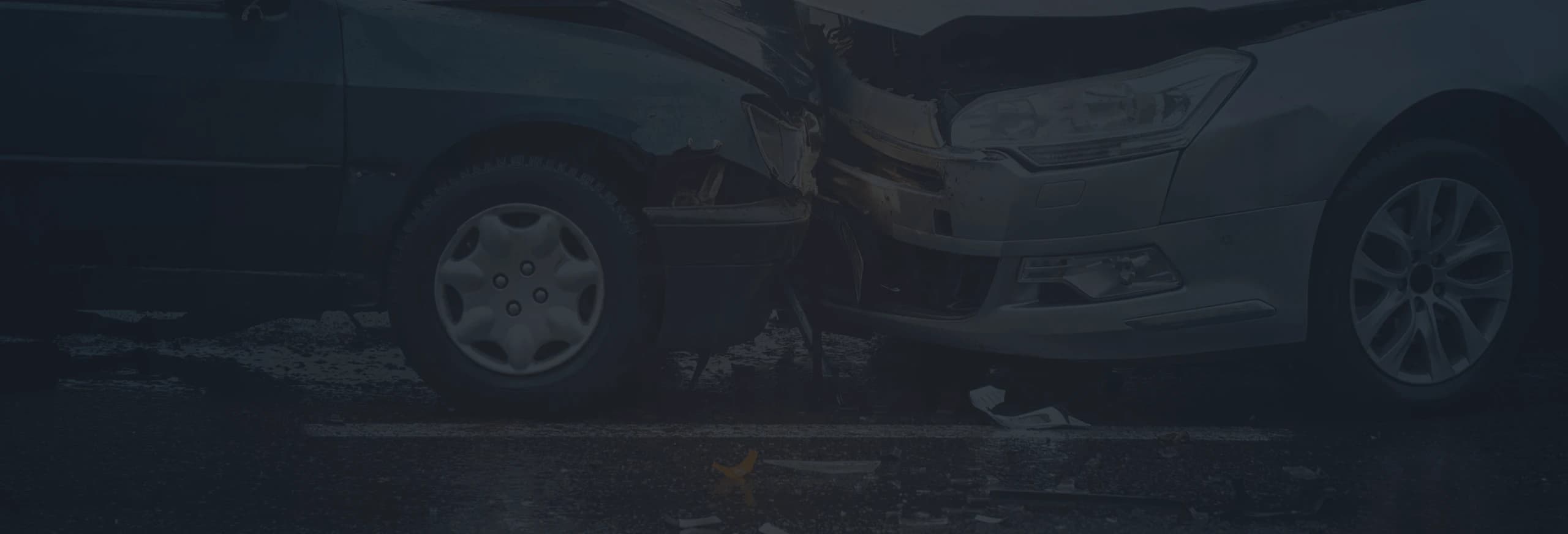
Are Premises Owners Liable for Others’ Actions?
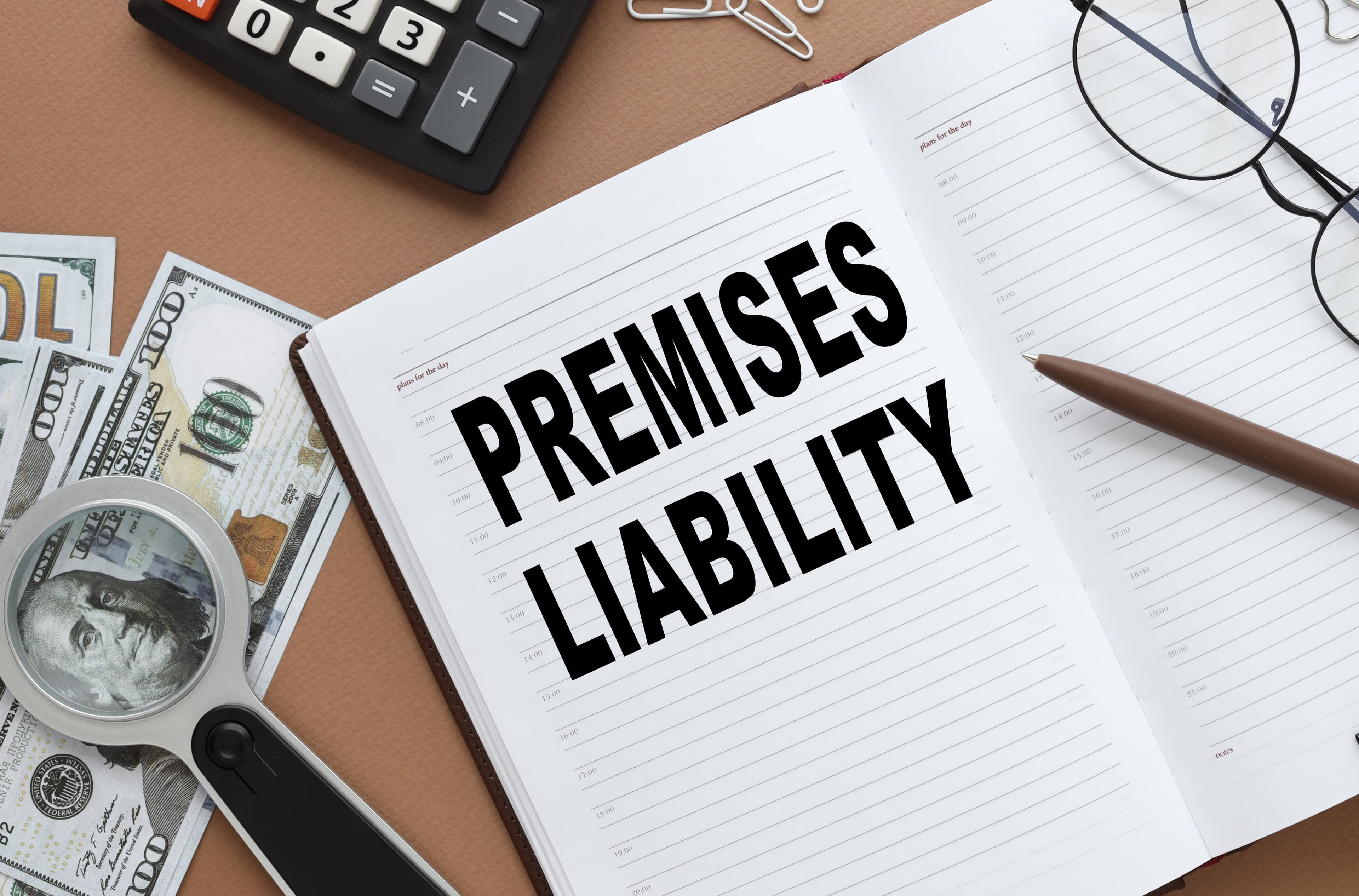
Did you sustain an injury during an accident that occurred on private property? If so, you may want to consider hiring a premises liability lawyer in Phoenix to help you take legal action against the owner of this private property.
Each year, about 63 million Americans seek medical attention for nonfatal preventable injuries. If you believe a private property owner caused you to suffer one of these injuries, you might have a strong legal case against them.
You might also wonder, “Are private property owners really liable for others’ actions?” Find out the answer to this question and others like it below.
Are Private Property Owners Liable for Others’ Actions?
Yes, private property owners can be held liable for others’ actions when people are injured on their properties. You’re welcome to explore the idea of filing a premises liability lawsuit against a private property owner if you’re hurt while on their property and end up facing a mountain of medical debt.
You won’t always earn a legal victory when you file this type of lawsuit simply because you sustained injuries on someone else’s property. But if you can prove that a private property owner’s own actions resulted in your injuries, you may have enough to convince a judge and/or jury to award compensation in your case.
Contact our team today so we can fight to help you get the compensation you deserve.
When Are Private Property Owners Responsible for Others’ Actions?
Just because you’re injured while on private property doesn’t automatically mean you can file a premises liability claim against this property’s owner and win. Accidents happen on private properties all the time — and property owners aren’t responsible for all of them.
Private property owners are, however, required to help visitors avoid “reasonably foreseeable” accidents. These are accidents that, at least in theory, private property owners should have been able to anticipate. Furthermore, they’re accidents that private property owners could have — and, in the eyes of the law, should have — taken steps to prevent.
If, for instance, you slip and fall on an unmarked wet floor in the middle of a crowded grocery store and injure yourself, you could potentially file a lawsuit against the store. You can argue the store didn’t do enough to provide you with a safe floor to walk on. You might win, too, if you can highlight how the defendant in your case demonstrated negligence and caused your accident.
How Can You Prove Negligence on the Part of a Private Property Owner?
While a private property owner can be held liable for others’ actions, proving their alleged negligence isn’t always easy. Premises liability cases are often challenging to prove in court.
To do it, you must prove the following four elements:
- Duty of care: The legal obligation that a private property owner has to keep their premises safe
- Breach of duty: The action a private property owner takes to stop their premises from being safe
- Causation: The hazard that led to you sustaining an injury on private property that a property owner failed to address
- Damages: The financial losses you suffered (medical bills, lost wages, rehabilitation costs, etc.) because of your accident
Additionally, you will need to show that you had visitor status while on private property. If the defendant in your case can prove you weren’t supposed to be on their property when your accident occurred, this alone could doom your case.
Free Consultation 24/7, call (844) 343-9609
What Evidence Can You Collect To Build a Strong Premises Liability Case?
Proving the four elements of a premises liability case is tricky. Part of the reason for this is that it isn’t always easy to collect evidence related to these cases so that you can prove them in court.
If you’re ever injured on private property, begin gathering evidence related to your accident right away. Even if you aren’t sure if you’ll take legal action against a private property owner, it’s better to stay on the safe side by finding as much evidence as you can.
Here are examples of the evidence you should pull together to build a strong case:
- Smartphone photographs and videos of the accident scene
- Statements from anyone who witnessed the accident
- Medical records related to the accident and statements from medical professionals about the severity of accident injuries
- Security footage of the accident
- Police reports about the accident
The more evidence you can collect, the stronger your case should be. This is especially true if you happen to live in a comparative fault state.
Some states use the comparative fault principle to assign specific percentages of blame to the plaintiffs and defendants involved in premises liability cases. If you’re found partially to blame for an accident on private property and can’t provide evidence to show that you shouldn’t receive any blame, it could limit the amount of compensation you collect.
Call (844) 343-9609
Which Premises Liability Attorney Should You Trust To Represent You?
Hiring the right premises liability attorney to handle your case is of the utmost importance. An experienced lawyer can investigate the circumstances surrounding your case and help you point out the negligence demonstrated on the part of a private property owner.
Search for a personal injury lawyer in your area who has handled similar cases in the past. They can provide additional insight into how these cases work and help you gather the necessary evidence to create a more compelling case overall.
Need Help Locating the Right Premises Liability Lawyer? Contact Us Now
In many instances, private property owners can be blamed for accidents caused by others’ actions. In some cases, something as simple as a slippery floor could leave a private property owner susceptible to a lawsuit. In others, providing inadequate security at an event is reason enough for a private property owner to take responsibility for an accident and the injuries it caused.
Accident Hotline can help you find a reputable lawyer who understands the ins and outs of premises liability in your city. Call us at (844) 343-9609 to connect with a local personal injury attorney who can offer a free, 24/7 consultation.
For a free consultation, call (844) 343-9609
Blog Posts:
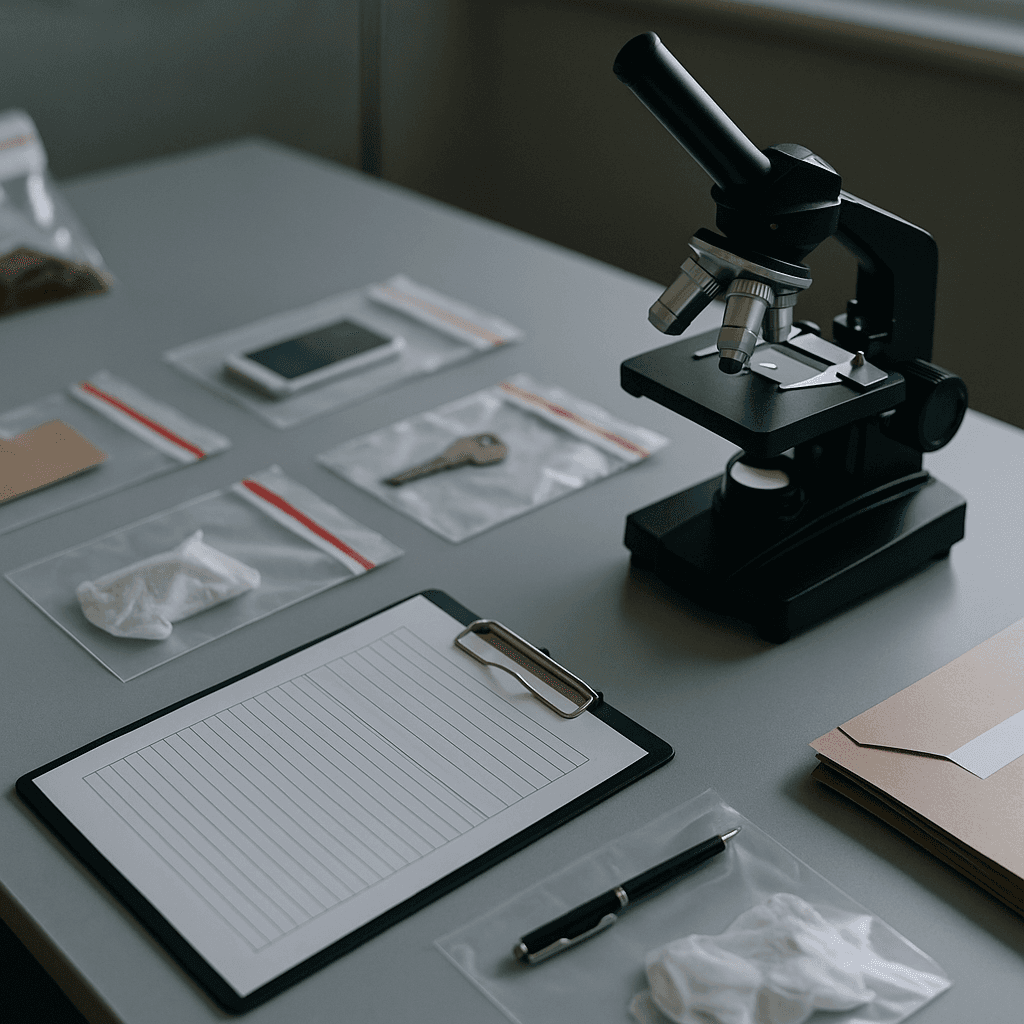
The Role of Expert Witnesses in Injury Litigation
Why Expert Witnesses Matter in Personal Injury Cases In personal injury litigation, facts alone are often not enough. While evidence like medical records, photographs, and witness statements paint part of the picture, juries and insurance companies frequently need context and explanation to understand the full scope of an injury and its impact. This is where expert witnesses play a pivotal role. Expert witnesses are professionals—often doctors, engineers, economists, or accident reconstruction specialists—who provide testimony based on their specialized knowledge. Their objective is not to advocate for one side but to clarify complex issues that require professional interpretation. In many cases, their opinions help bridge the gap between evidence and understanding, making them critical to achieving fair compensation.

How Insurance Companies Evaluate Injury Claims
How the Evaluation Process Really Works When you file a personal injury claim, the insurance company begins a process that is anything but simple. Behind every offer or denial, there's a calculated evaluation designed to protect their bottom line. Insurers use data-driven methods, past claim outcomes, and internal guidelines to assess how much—if anything—they believe your case is worth. The goal of the insurance adjuster is straightforward: to settle your claim for as little as possible while closing the file quickly. They'll review your medical records, accident details, and even statements you've made to determine liability and damages. The more organized and detailed your claim presentation, the harder it is for them to undervalue it.
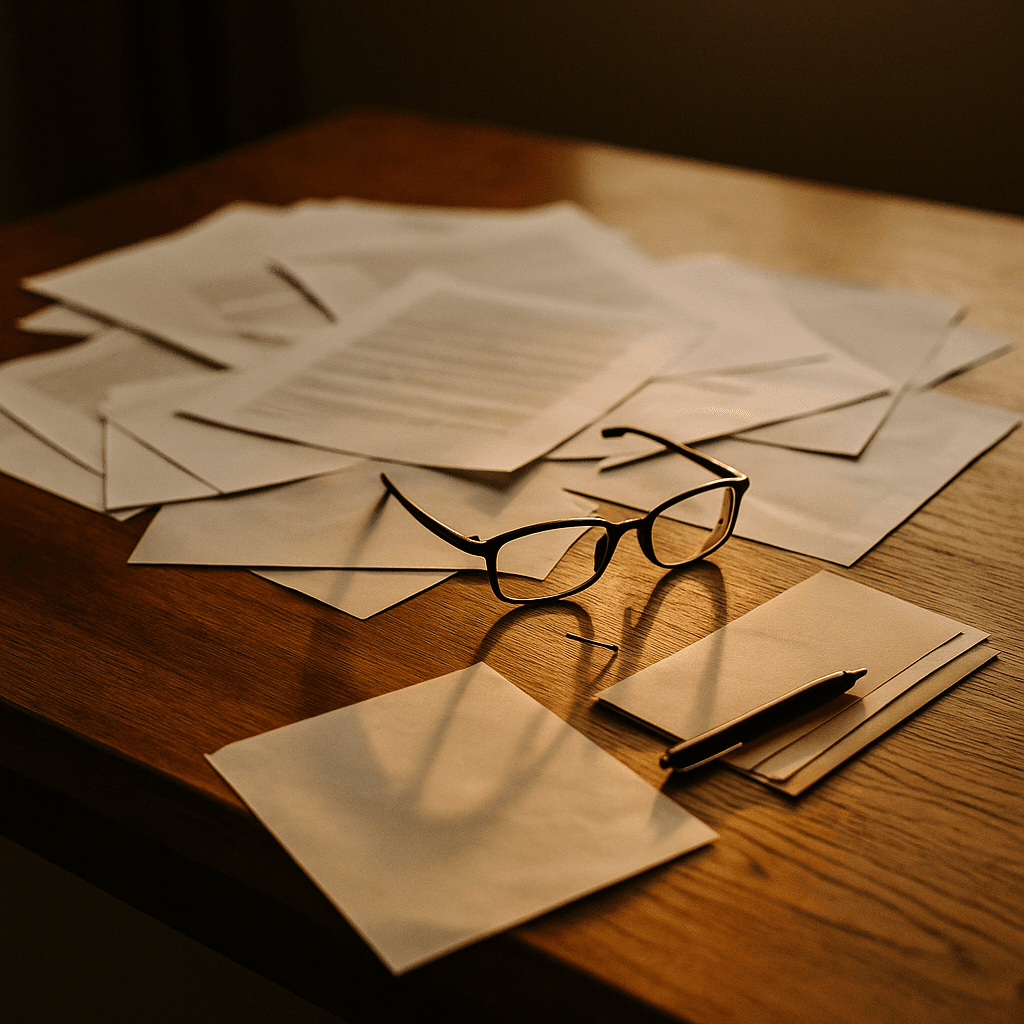
The Dangers of Handling a Personal Injury Case Without Legal Help
Understanding What's at Stake After an accident, it's natural to want to resolve things quickly. Medical bills begin piling up, your work may be disrupted, and insurance adjusters often seem eager to "help." Many people believe they can handle their personal injury claim on their own—especially if the situation seems straightforward. But personal injury law is complex, and even minor missteps can lead to significant financial loss. Without professional guidance, you may underestimate your claim's value, miss critical deadlines, or make statements that insurers later use against you. The legal process is designed to protect both sides, and insurance companies have experienced professionals working to limit payouts. Without an equally skilled advocate on your side, you're at a clear disadvantage. That's why consulting a personal injury lawyer early in the process is often the difference between fair compensation and a costly mistake.
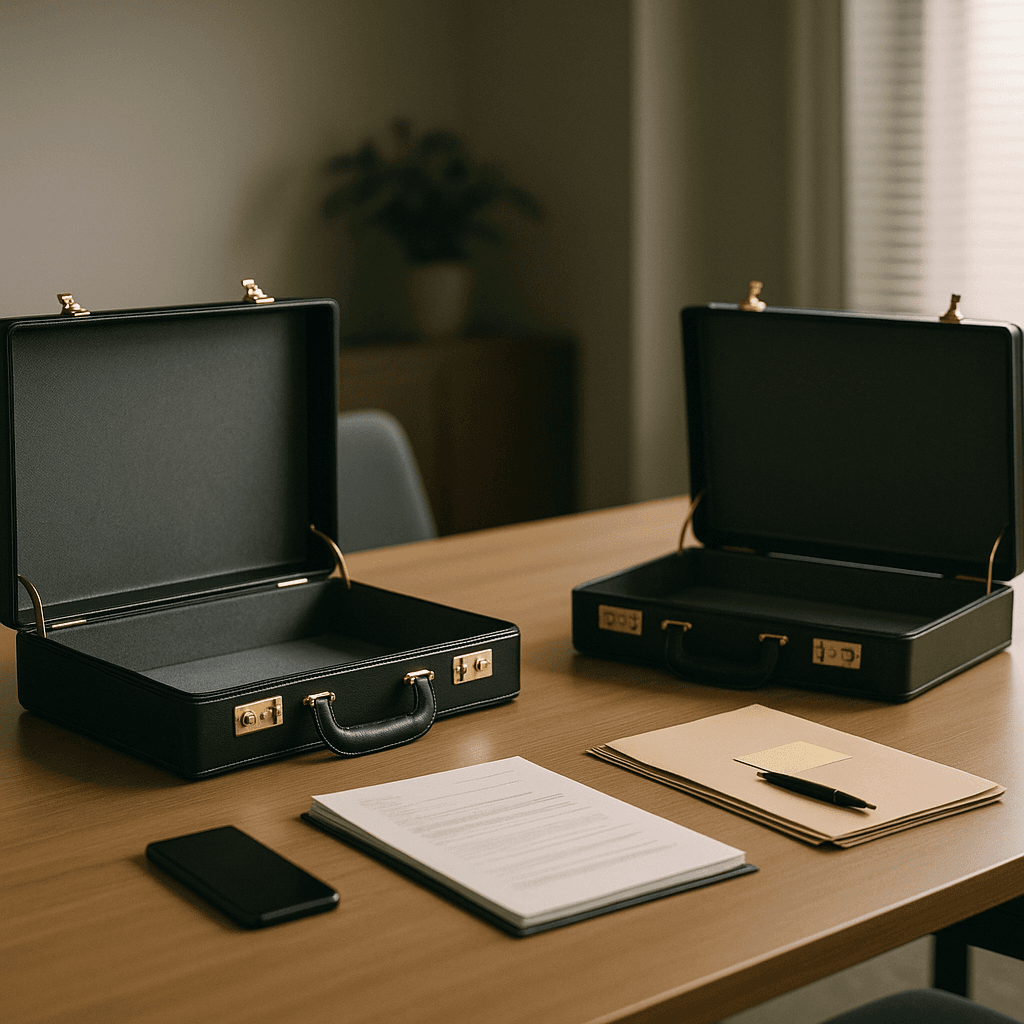
When Should You Switch to a Different Injury Lawyer?
Knowing When It's Time for a Change Choosing the right attorney after an accident is one of the most important decisions you'll make in your recovery journey. However, not every lawyer-client relationship is a perfect fit. Sometimes, despite your best efforts, you may realize that your current representation isn't meeting your expectations. Whether it's poor communication, lack of progress, or a sense that your case isn't being handled effectively, recognizing when to switch attorneys can make all the difference in the outcome of your claim. Switching to a new personal injury lawyer doesn't mean starting over from scratch—it means taking control of your case and ensuring it receives the attention and effort it deserves. Understanding what to expect from your legal representation can help you identify the warning signs that it might be time for a change.
Get an agent on the line in seconds
Responsive
Legal Assistance
Our personal injury attorneys advocate for the funds necessary to cover bills, secure medical treatment, recoup lost wages, and provide compensation for your pain and suffering.
Are you facing unfair treatment from the insurance company?
Do you know the value of your case?
Is the insurance company asserting that the accident is your responsibility?

We'll get back to you ASAP.
Get Your Free Consultation
You Pay Nothing Unless We Recover Compensation For You
